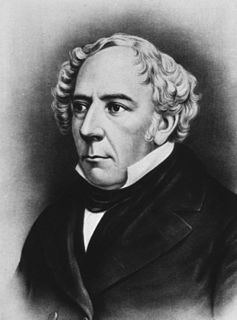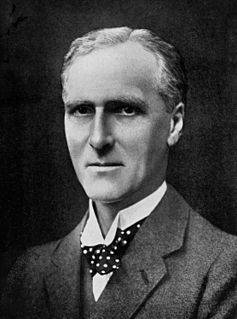A Quote by Jean Baudrillard
It is not enough for theory to describe and analyze, it must itself be an event in the universe it describes. In order to do this theory must partake of and become the acceleration of this logic. It must tear itself from all referents and take pride only in the future. Theory must operate on time at the cost of a deliberate distortion of present reality.
Related Quotes
What the public does is not to express its opinions but to align itself for or against a proposal. If that theory is accepted, we must abandon the notion that democratic government can be the direct expression of the will of the people. We must abandon the notion that the people govern. Instead, we must adopt the theory that, by their occasional mobilizations as a majority, people support or oppose the individuals who actually govern. We must say that the popular will does not direct continuously but that it intervenes occasionally.
When you look at the calculation, it's amazing that every time you try to prove or disprove time travel, you've pushed Einstein's theory to the very limits where quantum effects must dominate. That's telling us that you really need a theory of everything to resolve this question. And the only candidate is string theory.
Those experienced in work must take up the study of theory and must read seriously; only then will they be able to systematize and synthesize their experience and raise it to the level of theory, only then will they not mistake their partial experience for universal truth and not commit empiricist errors.
If criticism has made such discoveries as to necessitate the abandonment of the doctrine of plenary inspiration, it is not enough to say that we are compelled to abandon only a "particular theory of inspiration..." We must go on to say that that "particular theory of inspiration" is the theory of the apostles and of the Lord, and that in abandoning it we are abandoning them.
It must be conceded that a theory has an important advantage if its basic concepts and fundamental hypotheses are 'close to experience,' and greater confidence in such a theory is certainly justified. There is less danger of going completely astray, particularly since it takes so much less time and effort to disprove such theories by experience. Yet more and more, as the depth of our knowledge increases, we must give up this advantage in our quest for logical simplicity in the foundations of physical theory.





































